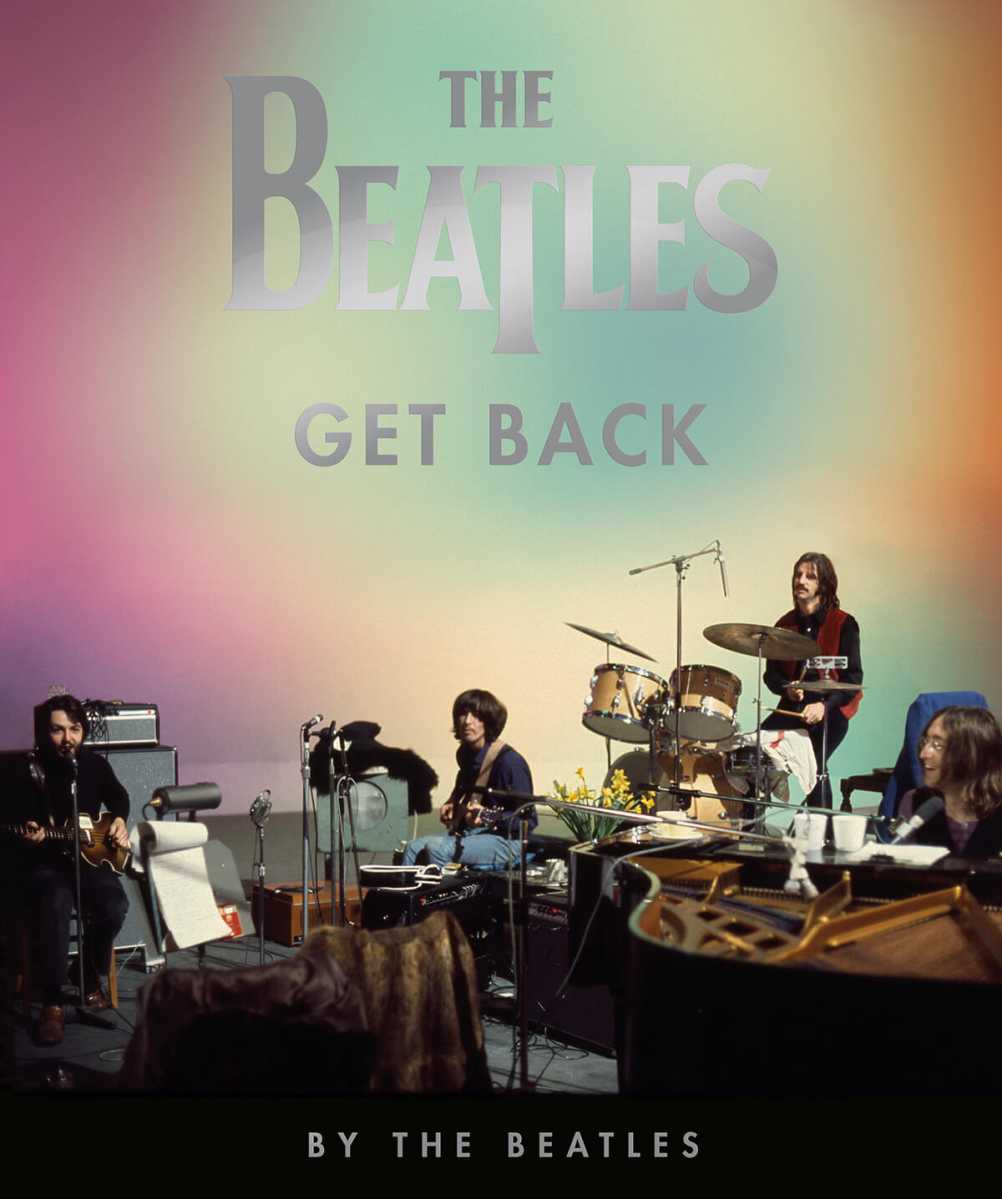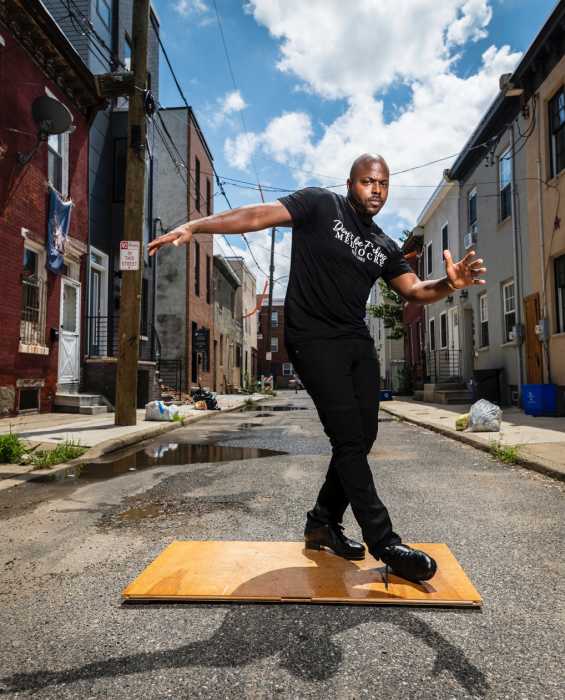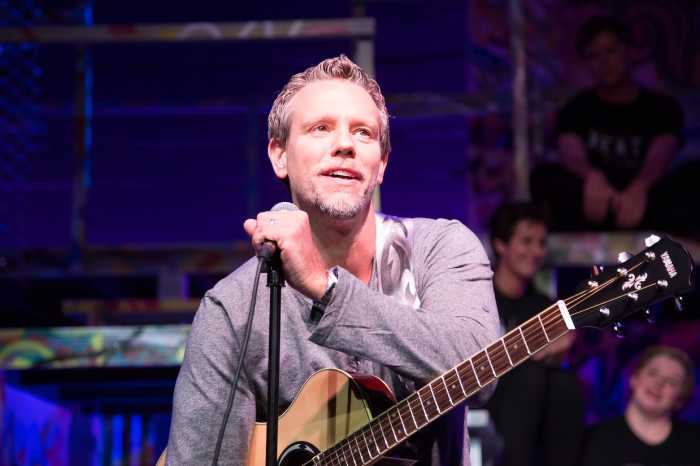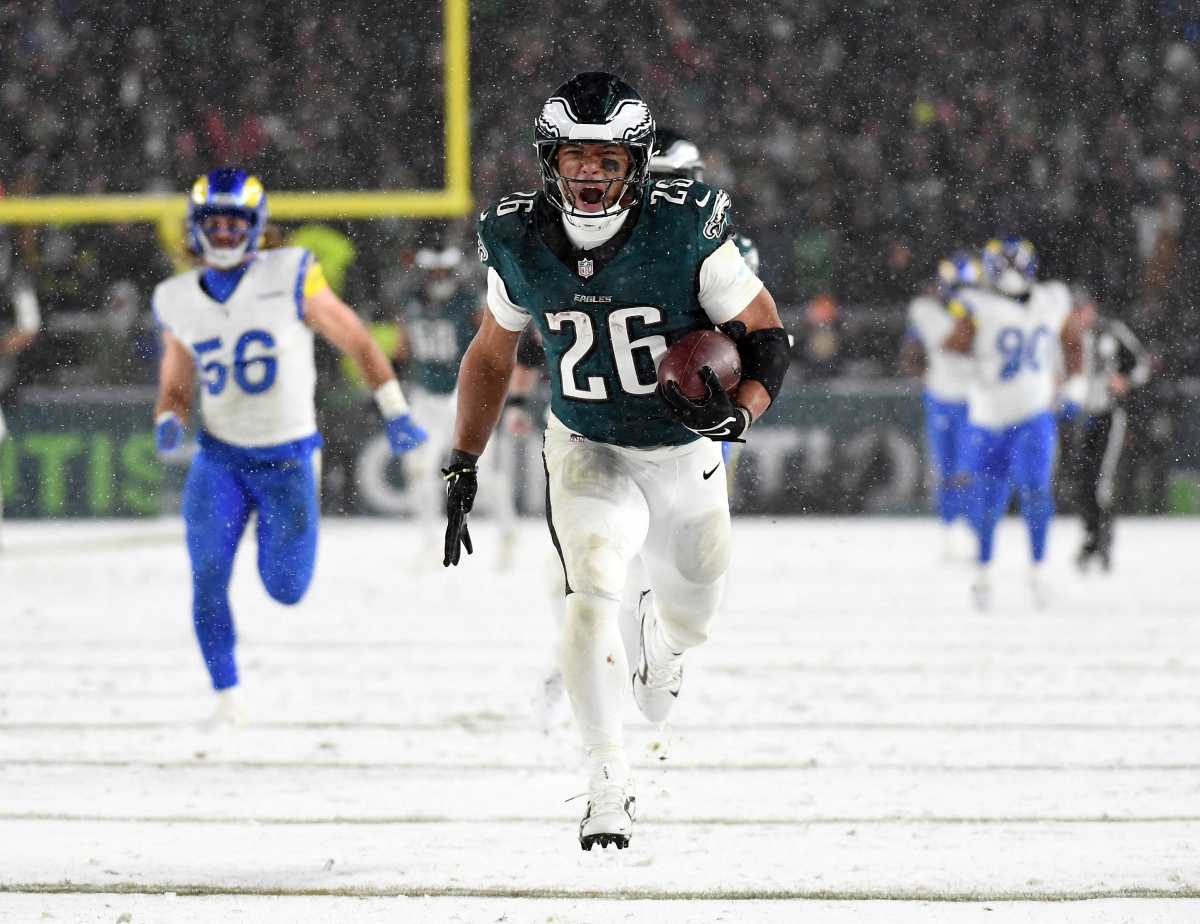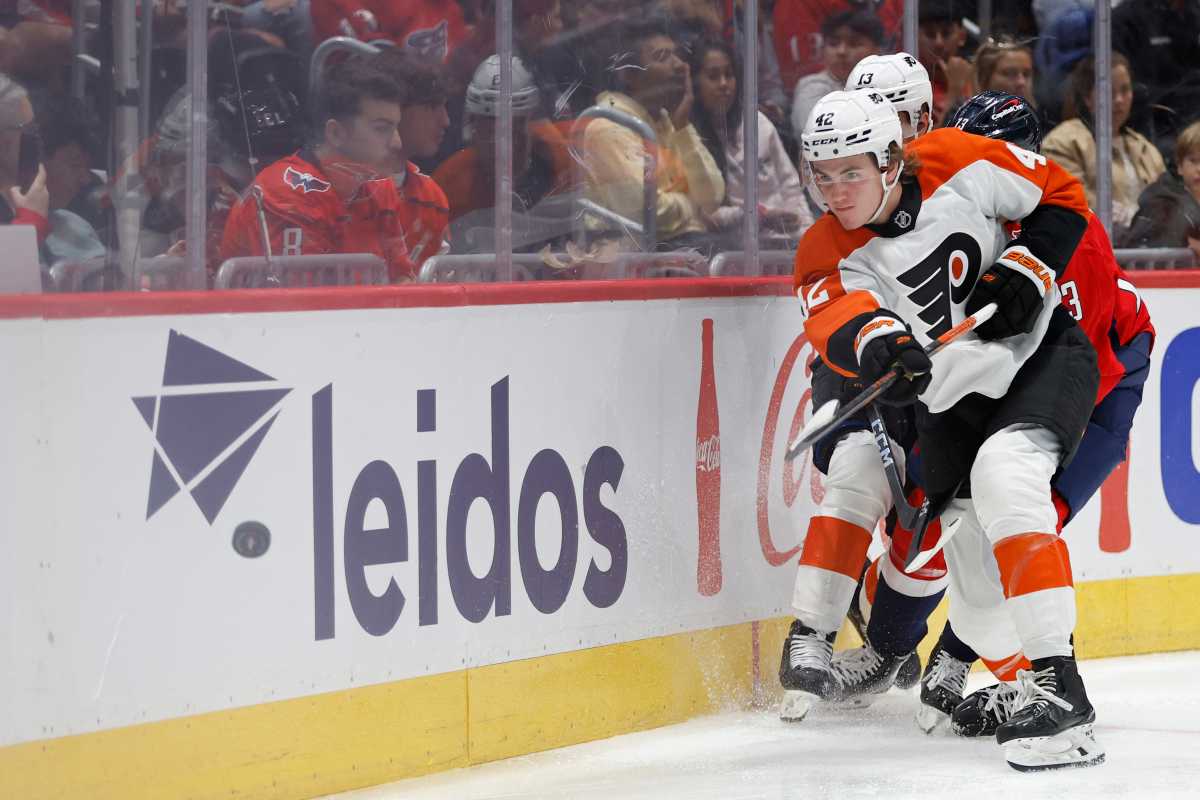The recording of The Beatles’ final album “Let It Be” has gone down in the band’s lore as times of trouble, a gloomy harbinger of their break-up.
But half a century on, a new official book and documentary will offer a more detailed look at the famed sessions, using hours of previously unreleased footage and recordings to show events in a happier light.
“The Beatles: Get Back” will be released next August as a companion to a film by “Lord of the Rings” director Peter Jackson documenting the creation of the 1970 “Let It Be” album, the publishers said on Wednesday.
The book features transcribed conversations between John Lennon, Paul McCartney, George Harrison and Ringo Starr from more than 120 hours of recordings during three weeks of sessions at the Twickenham Film Studios and then at The Beatles’ own Abbey Studios in 1969.
It culminates in the band’s famed final live appearance on the rooftop of their offices in central London.
The book contains hundreds of previously unpublished images, including some by Linda McCartney, who married Paul just after the sessions. It also has an introduction by novelist and screenwriter Hanif Kureishi.
“Let it Be”, featuring songs such as “Get Back”, “The Long and Winding Road” as well as the title song, was the final Beatles album to be released and hit record stores after they split. “Abbey Road” was recorded after “Let it Be” but issued before it.
The sessions were orginally documented in the 1970 movie “Let it Be” directed by Michael Lindsay-Hogg, which showed the band members squabbling amongst themselves and sulking.
But, Kureishi writes: “In fact this was a productive time for them, when they created some of their best work.
“And it is here that we have the privilege of witnessing their early drafts, the mistakes, the drift and digressions, the boredom, the excitement, joyous jamming and sudden breakthroughs that led to the work we now know and admire”.
Jackson’s film – whose release has been delayed by a year due to the coronavirus pandemic – delves into 55 hours of unreleased footage and 120 hours of audio recordings to reexamine the sessions.
Often it shows them laughing and joking, just as they did at the height of Beatlemania.



